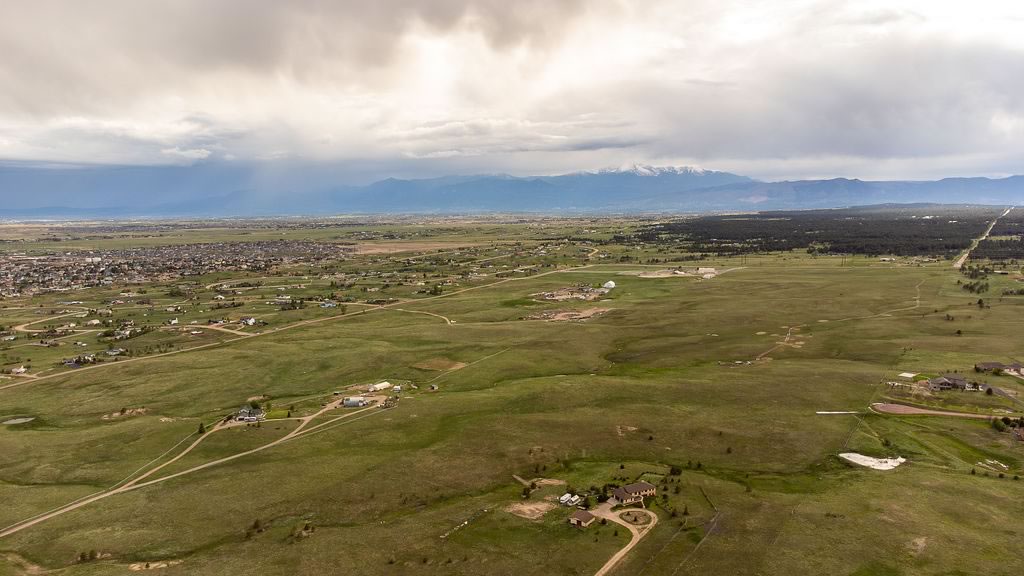By Terry Stokka
El Paso County has hundreds of metropolitan districts and almost every new development has them. What are they and how do they work? What are the pros and cons of metro districts?
First of all, a bit of history: 30 years ago, a developer would get a loan to finance the streets, utilities, water and wastewater facilities for his development. He would then pass on those costs to buyers as each lot was sold. This put the developer in a lot of debt with a big risk.
Along came metro districts. The developers learned that they had the power to form a metropolitan district to finance those upfront costs for the infrastructure in their new development. This consisted of forming one or more metropolitan districts and selling bonds to investors. The bonds were paid off through the property taxes that homeowners paid. Usually, the development had one or more metro districts for the roads, utilities and other infrastructure; and, if central water and sewer were part of the development, separate metro districts were formed for that. This made the lots cheaper upfront but spread the cost over 30 years.
Metro districts have a board to manage the spending of the bond money. In the beginning, when there are no homeowners, the developer and his business associates are the board members. Metro district bylaws usually specify that after a few years or after a certain number of lots are sold, the board will transition to homeowner control. One development specified that after 12 years the metro district would be handed over to homeowners. Often, few people are interested in running for metro district seats so the boards continue under developer control.
Metro districts have come under scrutiny and criticism in the past few months. Some of the issues are that developers control the board and yet have no risk in making spending decisions. Developers counter and say that homeowners lack the skill and experience to efficiently run the metro board. Some homeowners say the metro district spends money carelessly for things like expensive entrance gates or signs. Developers counter by saying the metro district rules permit them to do this and it is for the betterment of the development.
Taxes to repay the district bonds can be very expensive. Current state law limits the taxing authority to a maximum of 65 mils. Not many get that high but a few get close. For a new home that can mean a metro tax of several thousand dollars each year. Even though metro district taxes are outlined in the closing documents for a home sale, many new homeowners don’t grasp the significant cost of these taxes and don’t realize that metro district taxes will be part of their mortgage for up to 30 years.
A recent article in The Gazette cited Flying Horse development, west of highway 83 and Northgate Road, as having a metro district debt of $58 million for 1,599 homes. That works out to over $36,000 of debt for each homeowner and does not include the significant interest that will be added on to that debt. In another development, the developer-controlled metro board assumed an additional $11 million in debt just before they turned the metro board over to the homeowners.
A significant risk for homeowners exists in the very beginning of a development when there aren’t many homeowners to make the payments on the district bonds. If the development is slow in growing, the owners who do buy are forced to pay much higher metro taxes to cover the bond payments. In several cases, metro districts have gone bankrupt because they couldn’t repay the debt.
Controversy has also happened because many developers buy their own bonds. This is sort of the “fox guarding the hen house” in that they arrange for the bonds and set the interest levels and then buy their own bonds. The Colorado Assembly considered a bill this year to prevent developers from buying their own bonds, but it failed in committee. Even if it had passed, I question if it could have been controlled or monitored effectively.
Metro districts, boards and bonds will continue to make news. My recommendation is to get to know your metro districts if you have them. Get involved in the meetings and run for a board seat so you can manage your own development’s metro districts the best way possible.




